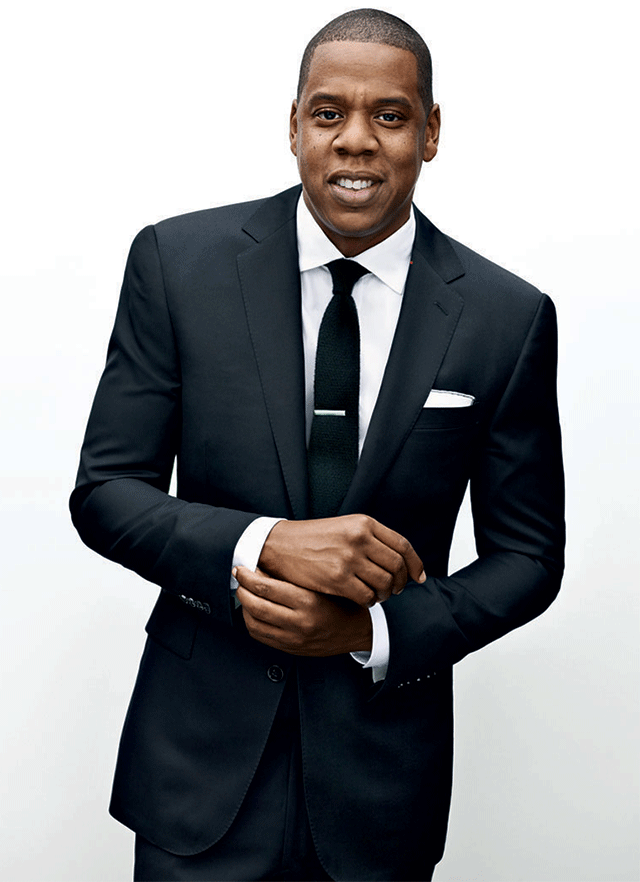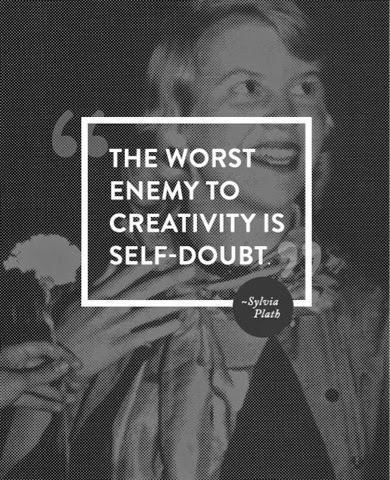Lots of intriguing stuff around Jay-Z, Universal, Taylor Swift and others happening recently. It all began a few weeks ago when one of the Jay-Z's companies bought Aspiro, a Swedish music streaming company that runs the stre
Tidal. Flashback further and we remember that
Taylor Swift removed all her music from Spotify, claiming that it didn't place enough value on music. There was lots of speculation around why else she may have done this, including rumours that it was an effort to increase sales of her 1989 (which it did) and that her music would appear on Google's new streaming service,
Youtube Music Key.
This week her back catalogue (her previously recorded music)
has turned up on Tidal, which should make the service much more appealing to consumers. It needs to be given the competition that now exists on the streaming market. As well as market leader Spotify, we now have Pandora, Youtube Music Key and Apple's soon to re-launch Beats Music. Tidal is also banking on audiences being drawn to the better quality audio of its service - CD quality, HD sound. It's monthly subscription is £10 more expensive than Spotify's so the content has to be better. They seem to be trying offer the audience a more immersive experience as well with music videos and exclusive interviews also available.
What makes this all the more interesting is a big meeting held around the time of the Grammys. Jay-Z gathered
together some of the biggest music artists to discuss a way forward for
the music industry. According to
this Forbes article, they may have discussed artists taking control without record labels. It could be that Tidal is a service that would allow artists to do so. The reason artist make so little from services like Spoitify is because the record label takes such a big cut. Alternatively, he may have just been helping out Universal as all the artists there, bar Madonna, are Universal artists and Jay-Z is also a Universal artists (the label he controls, Roc-a-Fella, is a subsidiary of Universal). The
Forbes article is well worth a read - all two pages!
 Way back at the dawn of time, Apple Music time that is, Taylor Swift had a beef with Apple Music. This wasn't her first run in with a big corporation. She had previously taken on Spotify and withdrawn her music from their service because she felt what they paid the artists for the music devalued it. Her battle with Apple was a similar one and eventually forced them to change their policy. They now pay artists for tracks played during a user's three month free trial period of using Apple Music. Now that Apple have bowed to her demands, Taylor Swift's music is streamed exclusively on Apple Music - forcing fans to sign up to the service if they want to stream her music. On top of this, if fans want to watch video of her most recent tour, they will also have to sign up to Apple Music. Her 'DVD' of her 1989 tour is being exclusively streamed on the service.
Way back at the dawn of time, Apple Music time that is, Taylor Swift had a beef with Apple Music. This wasn't her first run in with a big corporation. She had previously taken on Spotify and withdrawn her music from their service because she felt what they paid the artists for the music devalued it. Her battle with Apple was a similar one and eventually forced them to change their policy. They now pay artists for tracks played during a user's three month free trial period of using Apple Music. Now that Apple have bowed to her demands, Taylor Swift's music is streamed exclusively on Apple Music - forcing fans to sign up to the service if they want to stream her music. On top of this, if fans want to watch video of her most recent tour, they will also have to sign up to Apple Music. Her 'DVD' of her 1989 tour is being exclusively streamed on the service.










